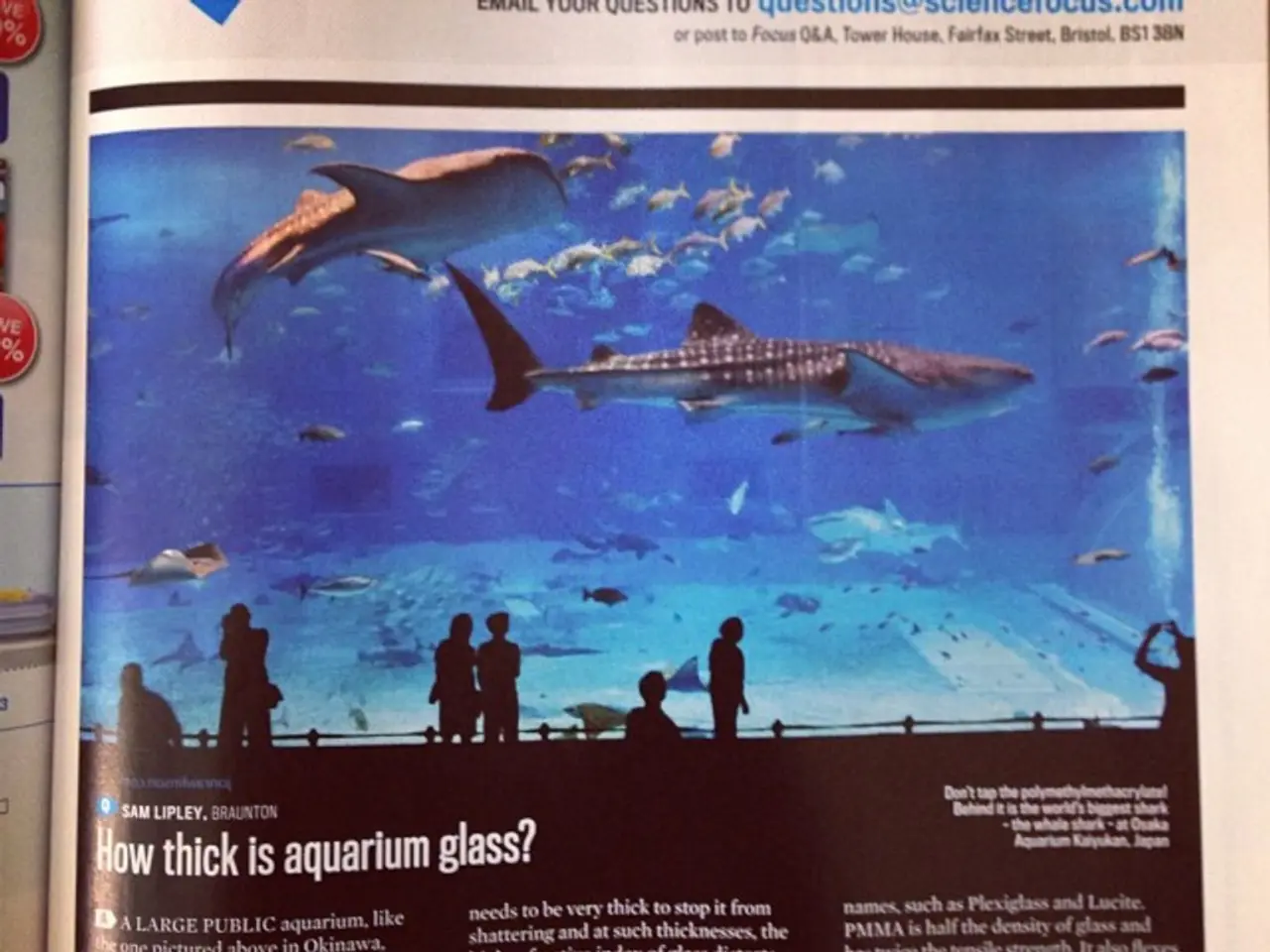Lake Maggiore's Final Fishermen Rescued from Brink of Oblivion: "Cooperative Saves From Extinction"
Struggling Lake Maggiore Fishery Cooperative Seeks Sustainability and Survival
In the picturesque Lake Maggiore basin, one of Italy's most cherished natural treasures, the Cooperativa pescatori acquacoltori del Golfo di Solcio, under the leadership of President Giorgio Brovelli, faces a daunting challenge. This cooperative, along with its counterpart, the Società Cooperativa dei Pescatori Professionisti del Lago Maggiore, based in Stresa, Verbania province, are the last remaining fishery cooperatives in the region.
The cooperative, based in Lesa, Novara province, operates in the entire Lake Maggiore, unlike the historic cooperative of Stresa where Brovelli once fished. However, the profession of lake fisherman, particularly in Piedmont, Lake Como, and Lake Garda, is at risk of disappearing due to climatic factors, changes in diet, competition from industrial fishing, and regulatory restrictions. The cooperative's membership is limited to 10-11 members due to factors such as fish diseases, fishing bans, and decreased number of fishermen.
Finding suitable fishermen is a challenge for the cooperative. As Brovelli explains, "It's very difficult for us to find Italians, and there are major difficulties with foreigners." The cooperative has requested four fishermen, two from Bangladesh and two from Sri Lanka, but due to management issues and waiting lists, it's not possible to bring them in.
The cooperative's activities extend beyond fishing, encompassing fish processing and deliveries, catering, and managing establishments such as "La Vecchia Scuola" osteria in Lesa and the "Da Gio'" restaurant on a barge in the Gulf of Solcio. The cooperative, with 26 employees in the summer and 21 in the rest of the year, pays an annual concession of 30,000 euros to the Borromeo family for fishing rights in the waters from Solcio to Sesto Calende.
The future prospects for these cooperatives rely on their ability to adapt to environmental changes, strengthen cooperative governance, and possibly integrate innovative practices to enhance sustainability and community benefits. The cooperative model itself is a crucial asset, fostering resilience and local stewardship.
Regulations for fisheries in Italian lakes like Maggiore are typically governed by a combination of EU directives on water and fisheries conservation, national laws on fishery resource management, and local rules enforced by regional authorities to preserve biodiversity and ensure sustainable fishing practices. These may include fishing quotas, seasonal restrictions, gear type limitations, and monitoring of fish population health. Lake Maggiore’s water transparency data suggests ongoing environmental monitoring, which is essential to regulating fisheries effectively.
The cooperative covers maintenance costs for mobile racks and nine vessels moored in various locations around the lake. An experienced fisherman like Brovelli, who started fishing at the age of 14 and has been fishing in the entire Lake Maggiore for 20 years, can catch nearly a hundred quintals of fish annually. The monthly wage for fishermen in the cooperative ranges from 1,400 to 1,500 euros, but those who handle processing and/or deliveries earn more.
Brovelli hopes to continue working for a few more years to find someone to teach the trade to and keep the tradition alive. The cooperative's activities include fishing, processing, selling fish, and catering, supplying restaurants, fishmongers, delicatessens, street vendors, Milan fish market, and participating in Campagna amica markets and communal markets in Arona, Gattico, Verbania, Novara, and Armeno.
In summary, the Lake Maggiore fishery cooperatives face challenges related to ecological sustainability, fish stock conservation, and environmental factors. Their future prospects depend on adapting to environmental changes, strengthening cooperative governance, and possibly integrating innovative practices to enhance sustainability and community benefits. Regulations for fisheries in Italian lakes like Maggiore are typically governed by a combination of EU directives, national laws, and local rules, with ongoing environmental monitoring essential to regulating fisheries effectively.
- To assist in their ongoing sustainability efforts, the Lake Maggiore Fishery Cooperative could expand into home-and-garden products, creating a unique lifestyle brand that celebrates the lake's bounty and preservation.
- As part of their integration of innovative practices, the cooperative might consider partnerships with local home-and-garden stores and farmers' markets to sell their fresh, eco-friendly produce and promote a healthy, sustainable lifestyle.




